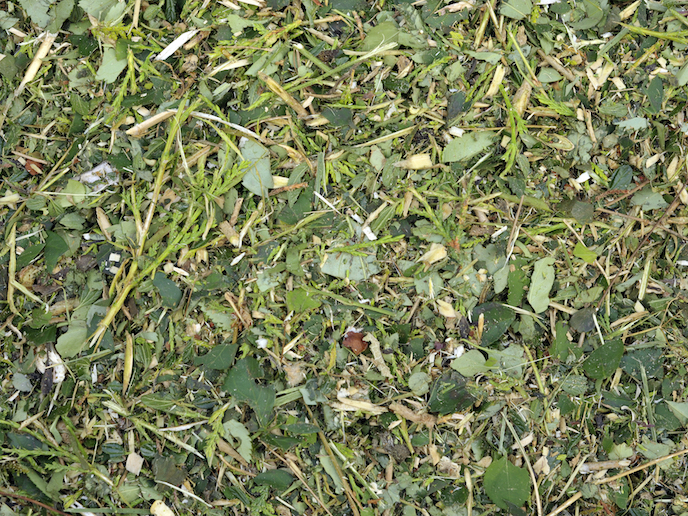Mobile processing unit quickly turns biomass into pellets
The potential to harness energy from biomass(opens in new window) such as woody residue is vast. It is widely available, and burns with a low ash content, meaning a cleaner combustion in most furnaces. As the world looks towards greener sources of energy, biomass is seen as a promising candidate. Yet huge quantities of biomass go to waste, left discarded and unused. Often this is simply a case of logistics, as biomass must often be transported and processed at a separate location. This can involve the additional costs of gaining land, building and permits to create large processing units. Processing biomass is therefore expensive, and many producers may see it as not commercially viable. “People don’t care about this biomass or think it could have value. Also, the added value of woody biomass is not high. For example, branches are much less valuable than trunks,” explains Richard Pfister, CEO and vice-chairman at Proxipel(opens in new window) (website in French). The EU-funded Proxipel project has come up with a speedy, innovative solution that could let Europe ignite a revolution in biomass, turning these unwanted bits of residue into a more useful and valuable form of energy. Proxipel has designed a mobile pelletising unit, which can transform a huge variety of biomass types, wet or dry, into easily transportable pellets, at a rate of 1 tonne per hour.
Pelletising mobile unit
The Proxipel unit(opens in new window) is the first mobile pelletising unit that can crush, mill, dry and press a wide variety of renewable raw materials, including wet wood. These include hardwood, wood from recycling centres, vine branches, forest residues, leaves, straw, hay, mill dust, manure and coffee grounds. The units are easily transported on a trailer. A generator provides electricity to the unit, which contains a dryer that burns to remove moisture from the woody mass. Proxipel can reduce humidity from 60 % to 13 %. A heat exchanger also captures and recycles part of the escaping heat and introduces it back into the system, saving on costs and energy. The units only need one user to operate, as the system is largely automated, and training takes just 1 week. A series of 45 engines and 30 on-board sensors let the unit adjust automatically to the type of biomass being introduced and its specific humidity. The output is dry biomass pellets, which are much less environmentally costly to burn than other forms of fuel and can have less impact on human health. Pfister, project coordinator for the Proxipel project, explains the many key advantages of the Proxipel system over mobile competitors. “It’s the only unit able to pelletise many types of biomass – competitors can only work with straw. Proxipel can grind elements up to 30 cm in diameter, while our competitors can only pelletise friable(opens in new window) or already shredded elements. Competitors are only able to process dry biomass, while we can dry wet woody residues,” he says. One of the main research goals is to create a cogeneration system that runs on pellets, which would reduce environmental impacts, lower production costs and simplify the operation of the unit.







